Domestic Violence Lawyers in Maine
Protecting your rights in domestic violence cases across Southern Maine
Being accused of domestic violence in Maine is a serious legal matter that can impact every area of your life. These charges often arise from conflicts between spouses, dating partners, family members, or people living in the same household—and even a single allegation can result in arrest, no-contact orders, and long-term consequences.
At The Maine Criminal Defense Group, William Bly and his team will defend clients throughout Southern Maine against all forms of domestic violence charges. Our attorneys understand how quickly these situations can escalate, especially when emotions run high or accusations are exaggerated. We take immediate action to protect your rights, investigate the facts, and begin building a strong defense strategy tailored to your case.
If you’re facing a domestic violence charge in Maine, don’t wait. Contact us today for a confidential consultation with an experienced criminal defense lawyer.
Call 207-571-8146 or contact us online to schedule a consult with one of our highly skilled criminal defense & OUI lawyers, serving Southern Maine, today.
Table of Contents
Domestic violence defined in Maine
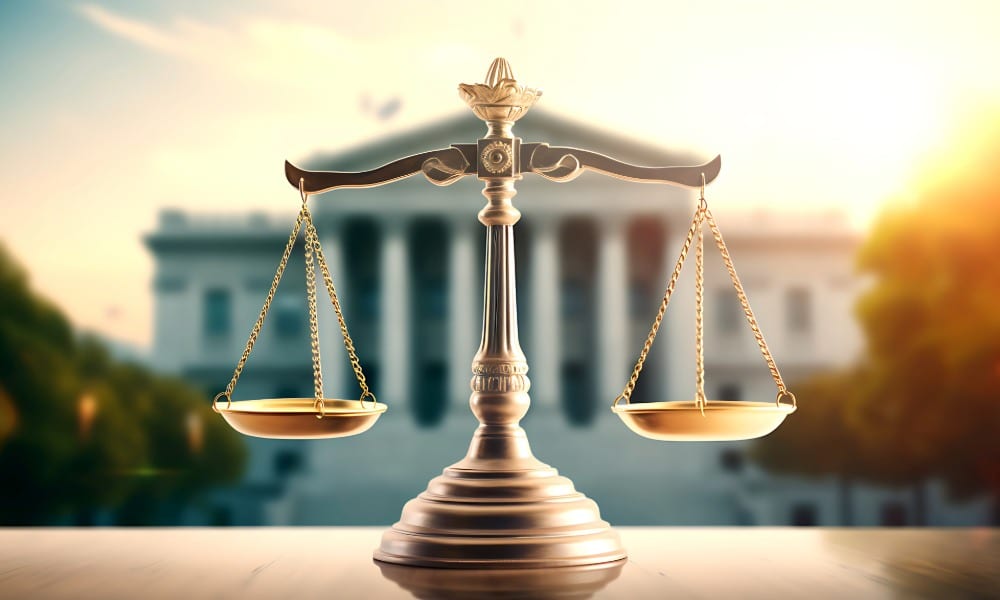
In Maine, domestic violence refers to any abusive behavior occurring between individuals with a close personal relationship. This includes spouses, former spouses, cohabitants, dating partners, and family members. The abuse may be physical, emotional, sexual, psychological, or financial, and does not always involve visible injuries.
Under Maine law, domestic violence offenses encompass a broad range of criminal charges, including:
- Domestic Violence Assault (Maine Revised Statutes §207-A) – Intentionally, knowingly, or recklessly causing bodily injury or offensive contact to a household or family member.
- Domestic Violence Terrorizing (§210-B) – Making threats of violence that cause fear of serious harm.
- Domestic Violence Stalking (§210-C) – Engaging in a pattern of behavior that causes a person to fear for their safety.
- Domestic Violence Criminal Threatening (§209-A) – Using words or actions to make a victim reasonably believe they are in imminent danger.
- Domestic Violence Reckless Conduct (§211-A) – Engaging in dangerous conduct that creates a substantial risk of injury.
- Domestic Violence Strangulation (§208-D) – Restricting another person’s breathing by applying pressure to the throat or neck.
If you are accused of domestic violence in Maine, securing an experienced criminal defense attorney is critical. At The Maine Criminal Defense Group, we fight to protect your rights, challenge weak evidence, and build a strategic defense to secure the best possible outcome. Contact us today for a confidential consultation.
Types of domestic violence Offenses in Maine
Domestic violence charges in Maine can involve a wide range of offenses, all carrying serious legal and personal consequences. A conviction may result in jail time, no-contact orders, a permanent criminal record, and the loss of key rights like firearm ownership. Prosecutors in Kennebec County take these allegations seriously and pursue them aggressively, often regardless of the alleged victim’s wishes.
If you’ve been accused of domestic violence in Maine, it’s critical to understand the specific charges you’re facing. Each type of offense has unique legal elements and penalties, and knowing the differences can help your attorney build the strongest defense possible. Whether you’re facing a misdemeanor or felony, working with an experienced criminal defense lawyer near you is the first step toward protecting your future.
Domestic Violence Assault
- Domestic violence assault involves intentionally, knowingly, or recklessly causing bodily harm or offensive physical contact to a household or family member. This can include:
- Hitting, punching, or slapping
- Choking or strangulation (which may result in upgraded felony charges)
- Throwing objects, spitting, or other aggressive physical actions
Even minor physical contact can lead to serious misdemeanor or felony charges, depending on prior offenses or the severity of the alleged incident.
Domestic Violence Criminal Threatening
Verbal threats or actions intended to place another person in fear of imminent harm fall under domestic violence criminal threatening. Examples include:
- Threatening physical harm or death
- Displaying a weapon in a threatening manner
- Making statements intended to cause fear
These cases often involve no physical evidence, making it crucial to work with an experienced defense attorney who can challenge the credibility of the allegations.
Domestic Violence Terrorizing
A person may face domestic violence terrorizing charges if they make threats that cause the alleged victim to fear for their safety or the safety of others. These charges may arise from:
- Threatening harm to a partner, child, or household member
- Statements that suggest violent intentions, even if no action is taken
- Situations involving emotional distress or coercion
A terrorizing conviction can lead to jail time, fines, and long-term restraining orders.
Domestic Violence Stalking
Stalking charges involve a pattern of behavior that causes an individual to fear for their safety. This may include:
- Repeated unwanted contact, calls, or messages
- Following or showing up at a person’s home or workplace
- Monitoring, tracking, or attempting to control someone’s movements
A protective order is often issued in stalking cases, which can have significant legal and personal consequences.
Domestic Violence Sexual Assault
Sexual violence includes any non-consensual sexual contact between intimate partners, including within a marriage. Offenses under this category include:
- Forcing or coercing sexual acts
- Marital rape
- Engaging in sexual activity with an incapacitated or unwilling partner
Sexual assault is a felony offense in Maine, carrying severe penalties, including prison sentences and mandatory sex offender registration.
Domestic Violence Reckless Conduct
Reckless conduct occurs when someone engages in dangerous behavior that puts a partner or family member at risk. Examples include:
- Discharging a firearm recklessly in a domestic setting
- Driving aggressively with a partner or child in the car
- Handling weapons or objects in a threatening manner
This charge can result in misdemeanor or felony penalties, depending on the circumstances.
If you have been accused of domestic violence in Maine, it is crucial to act quickly. Prosecutors take these cases seriously, and even a false accusation can have life-altering consequences. At The Maine Criminal Defense Group, our skilled attorneys are dedicated to protecting your rights, challenging weak evidence, and building a strong defense to fight the charges against you.
Call 207-571-8146 or contact us online to schedule a consult with one of our highly skilled criminal defense & OUI lawyers, serving Southern Maine, today.
Penalties for a domestic violence conviction in Maine
A domestic violence conviction in Maine, can have serious and lasting consequences, affecting your freedom, finances, and future. The legal system in Maine strictly prosecutes domestic violence offenses, and even a first-time conviction can result in jail time, fines, and restrictions on your rights. If you are facing charges, it’s critical to understand the potential domestic violence penalties and take immediate action to protect your future.
Penalties for a First-Time Domestic Violence Offense
For those accused of domestic violence assault for the first time, the charge is typically classified as a Class D misdemeanor under Maine law. This can result in:
- Up to 364 days in jail
- Fines of up to $2,000
- Mandatory probation and counseling
- Protective orders preventing contact with the alleged victim
Even if you avoid jail time, a conviction will leave you with a criminal record, which can impact your employment, housing, and firearm rights.
Penalties for a Second Domestic Violence Offense
A second domestic violence charge, particularly if the alleged victim is the same person, is treated much more severely. With a prior conviction, the charge is often upgraded to a Class C felony, leading to:
- Up to 5 years in state prison
- Fines of up to $5,000
- Stricter probation terms, including mandatory domestic violence intervention programs
- Longer protective orders, which may restrict contact with children or family members
Prosecutors are aggressive in pursuing repeat offenders, making it even more important to have a strong legal defense.
Penalties for Repeat Offenders Charges
If you have multiple domestic violence convictions or if the alleged offense involves aggravating factors—such as strangulation, the use of a weapon, or serious bodily harm—you may face felony charges with enhanced penalties, including:
- Extended prison sentences beyond five years
- Permanent firearm restrictions
- Inability to have contact with family members, even after serving a sentence
- Deportation for non-citizens
In Maine, even violating a protection order or bail conditions in a domestic violence case can lead to additional criminal charges, further complicating your legal situation.
Additional Consequences of a Domestic Violence Conviction in Maine
A domestic violence conviction in Maine can lead to significant, life-altering consequences. Beyond legal penalties, the following collateral impacts can deeply affect your future:
Child Custody Issues
A domestic violence conviction can significantly affect custody arrangements. If you currently share custody or wish to pursue custody, the court will prioritize the child’s safety, potentially hindering your ability to maintain or secure custody.
Firearm Restrictions
Maine law prohibits individuals convicted of domestic violence (whether misdemeanor or felony) from possessing firearms or ammunition. Violating this restriction is considered a federal offense, which could result in severe legal consequences.
Loss of Voting Rights
A felony conviction for domestic violence can strip you of your right to vote, diminishing your voice in future elections and reducing your participation in civic life.
Challenges in Employment and Housing
A conviction, particularly for felony domestic violence, can create barriers to employment and housing. Many employers and landlords conduct background checks, and a criminal record may disqualify you from opportunities.
Long-Term Consequences
The mere existence of a criminal record can haunt you long after serving your sentence. Other collateral consequences might include issues with professional licensing, immigration status, and eligibility for public benefits.
Given these far-reaching impacts, it’s crucial to consult with an experienced defense attorney if you’re facing domestic violence charges. At The Maine Criminal Defense Group, we understand the full scope of these consequences and are committed to protecting your rights and future. Let us help you fight the charges and mitigate the potential impacts on your life.
Penalties for Violating Protection From Abuse Orders in Maine
If the abused party files a protective order, any violation of a protection from abuse order can lead to severe consequences. A Protection from Abuse Order issued by the court prohibits any contact and prevents further abuse.
If an individual violates the no-contact restrictions, they will be charged with a class D misdemeanor offense, which is punishable by up to 364 days in jail and a fine of $2,000.00.
If an individual chooses to violate the PFA again or is charged with another crime of domestic violence, they will be facing a class C felony, and punished accordingly. Under Maine law, a class C felony carries the possibility of up to 5 years in state prison, a fine of $5,000.00 and 3 years of probation.
Have You Been Charged with Domestic Violence in Maine? (Video)
Contact Our Maine Domestic Violence Defense Attorneys Today
A domestic violence conviction in Maine can permanently affect your future. In addition to jail time and a criminal record, you could face a lifetime ban on firearm possession under federal law—jeopardizing your right to hunt, target shoot, or legally own a gun. Violating that ban can result in up to 10 years in federal prison.
At The Maine Criminal Defense Group, we are committed to protecting your rights, freedom, and reputation. With offices in Portland, Kennebunk, and Brunswick, we represent clients across Southern Maine and throughout the state. If you’ve been charged with domestic violence, don’t wait to get legal help.
Call us today or contact us online to schedule a confidential consultation with an experienced Maine domestic violence defense lawyer.
Call 207-571-8146 or contact us online to schedule a consult with one of our highly skilled criminal defense & OUI lawyers, serving Southern Maine, today.
Domestic Violence Articles
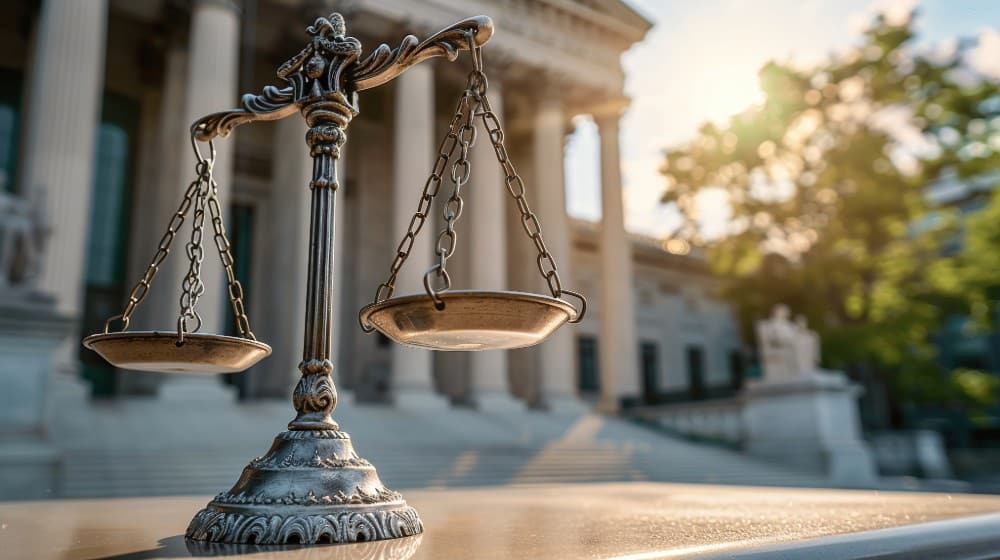
Defending Maine domestic violence charges Being charged with domestic violence in Maine is a serious legal matter with consequences that can impact your freedom, reputation, and future. Whether the allegation[...]
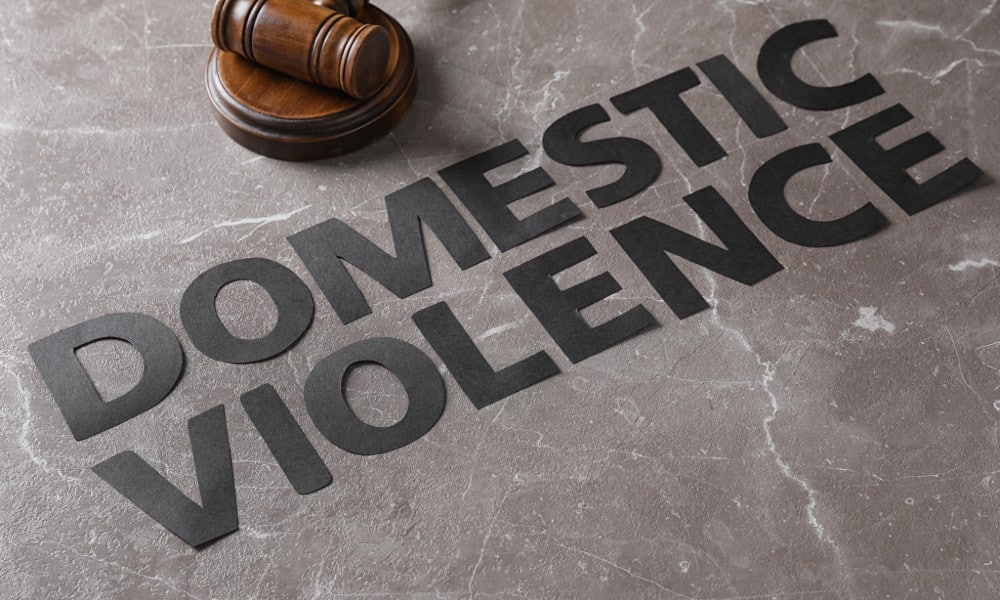
A domestic violence conviction can have serious consequences in Maine Assault, criminal threatening, and reckless conduct in domestic settings can all be classed as domestic violence in Maine—and criminal charges[...]
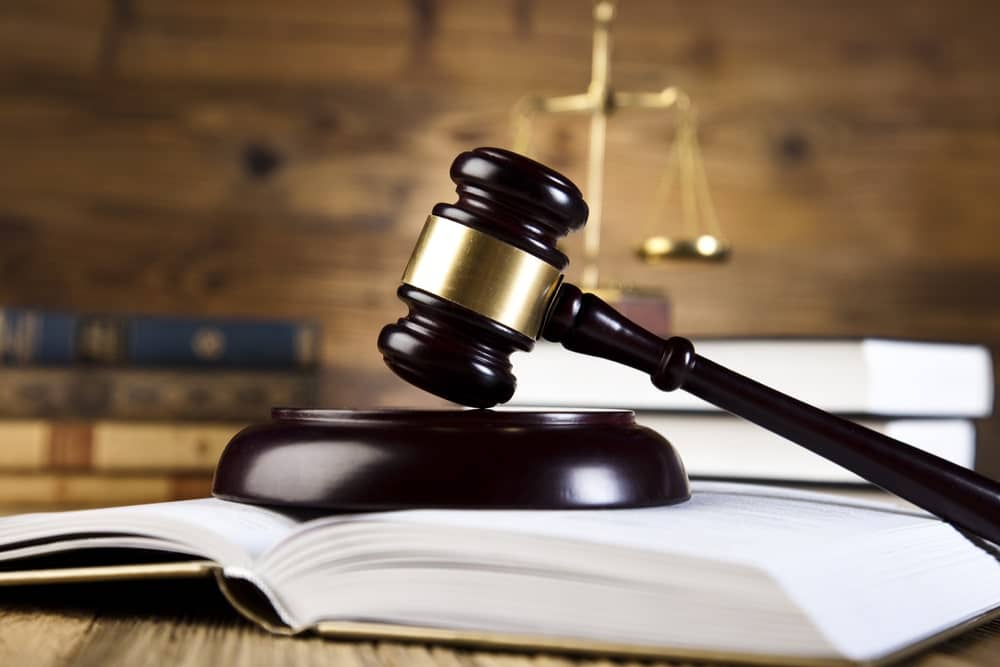
Defending those accused of domestic violence in Southern Maine Assault, criminal threatening, and reckless conduct in domestic settings can all be classed as domestic violence in Maine—and criminal charges can[...]

Sexual assault and sexual battery both refer to criminal offenses where a victim does not provide consent to sexual contact. This contact may or may not involve penetration, force, violence,[...]
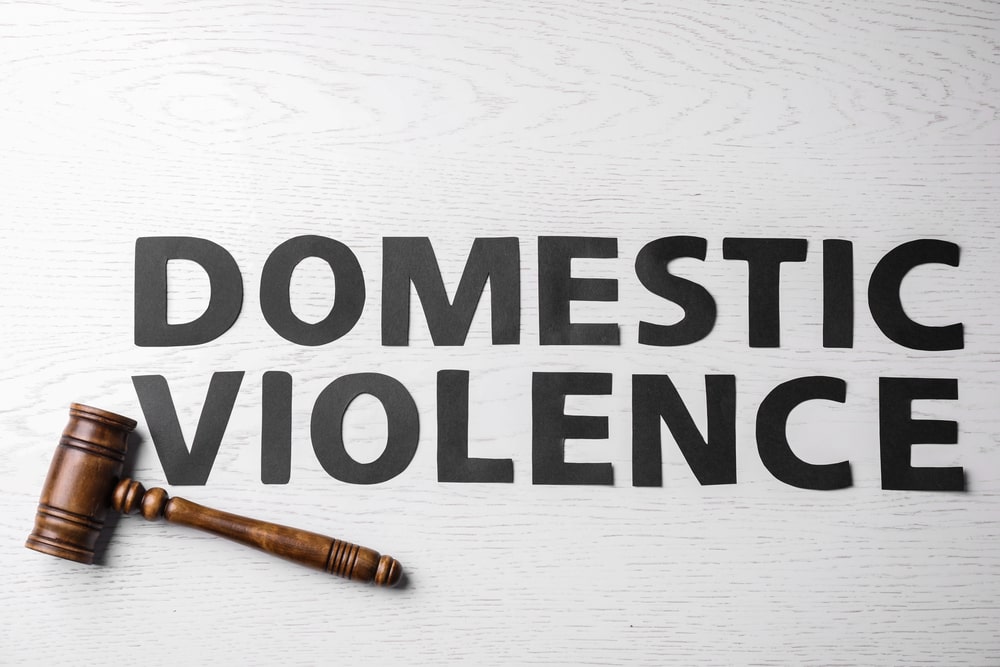
The domestic violence and stalking laws in Maine are currently being updated to address some shortcomings in the previous laws and to add clarity for both victims and accused parties[...]
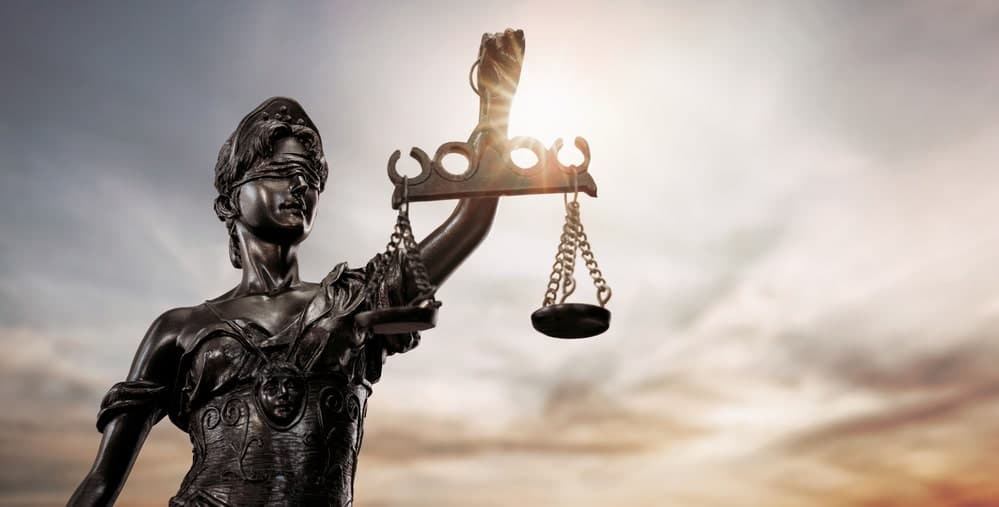
In recent years, convictions for domestic violence offenses in Maine have increased as state prosecutors rigorously pursue cases. This has led to harsher penalties for offenders, which makes it even[...]
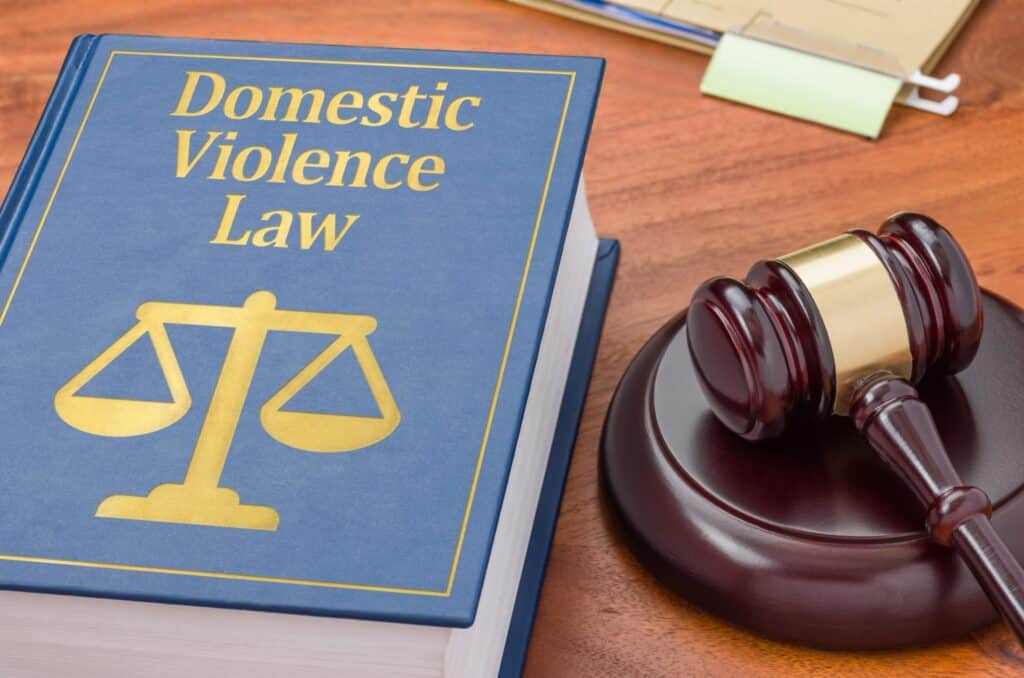
Crimes of domestic violence in the state of Maine can be confusing. This is because crimes of domestic violence are really just other crimes, like assault or battery, when those[...]

A protection from abuse order (PFA) can make it illegal for an individual to contact you or your children in the state of Maine. Filing a PFA is often a[...]
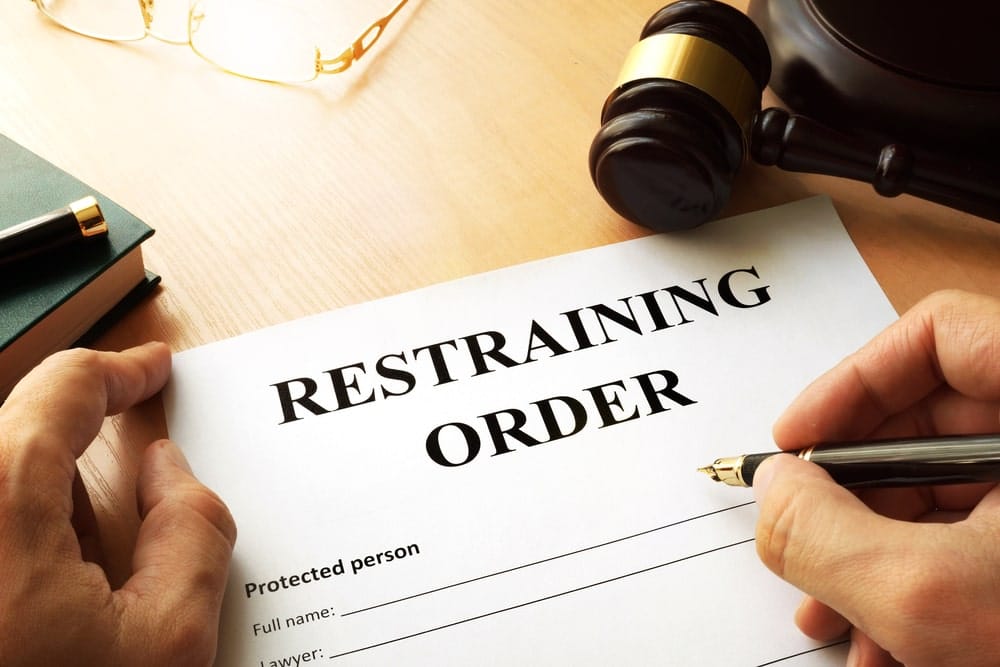
Protection from Abuse Orders (PFAs), such as restraining orders and no-contact orders, are frequently issued by the courts in domestic violence cases in Maine but are often confused. No contact[...]
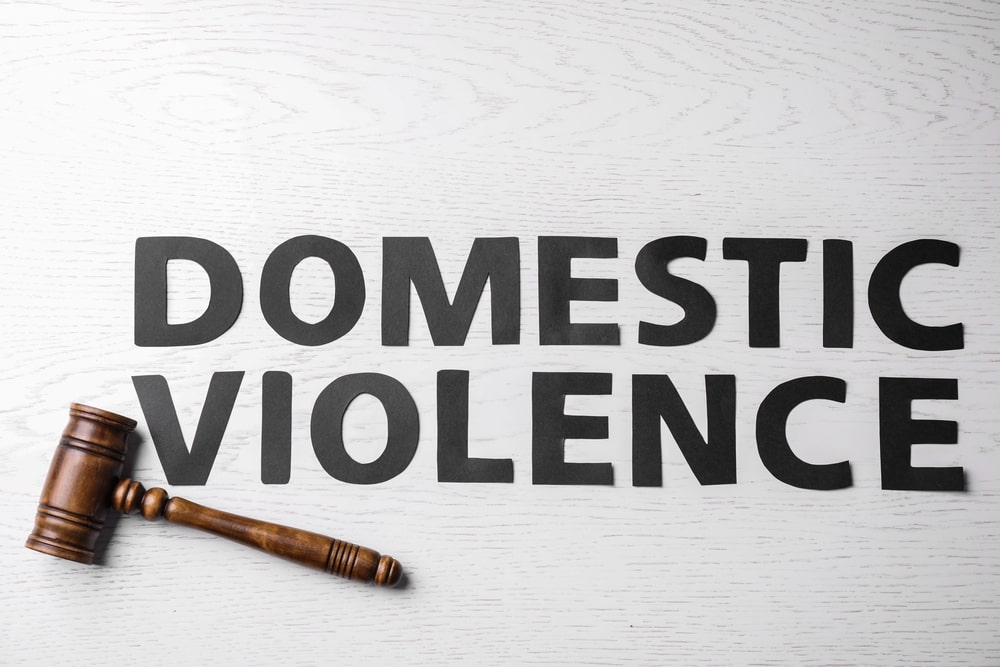
This article was updated March 6, 2025 Oftentimes what I see in these domestic violence situations is that a husband and wife get in a fight. They love each other[...]


